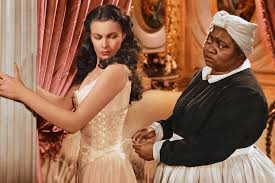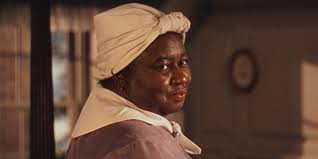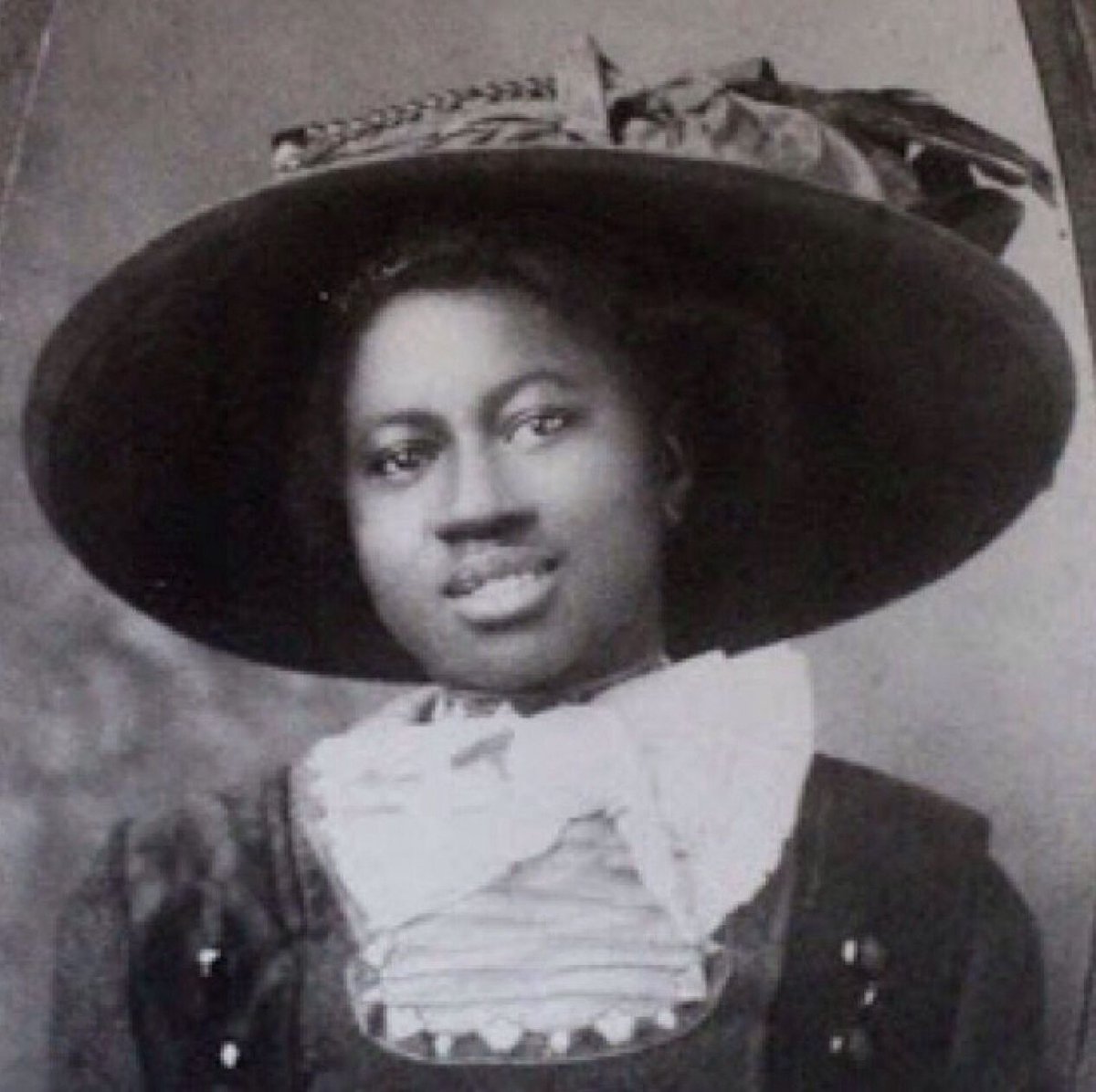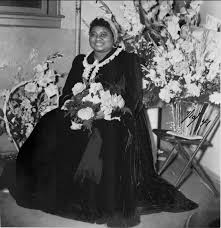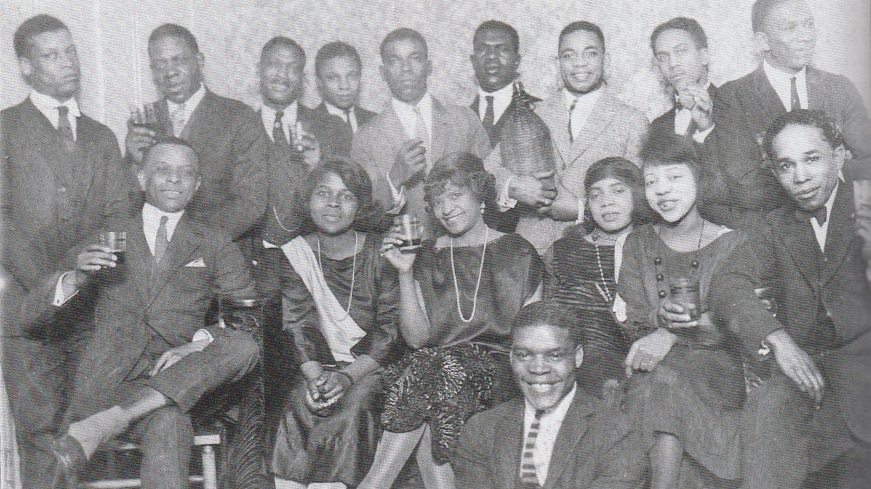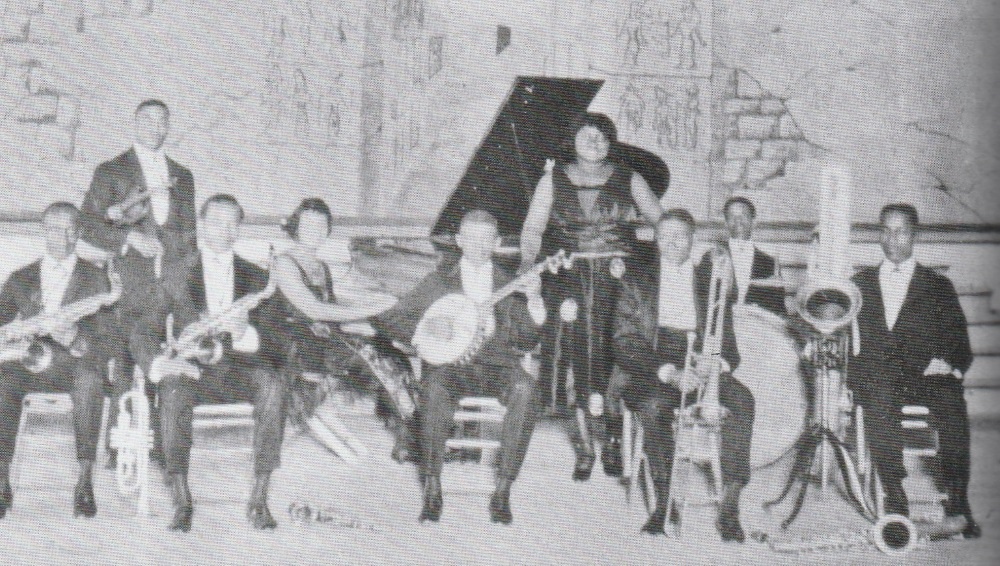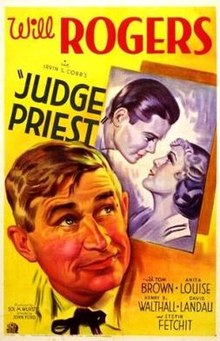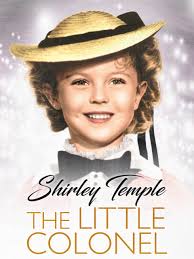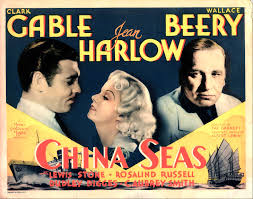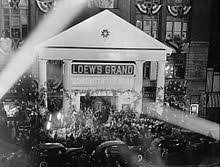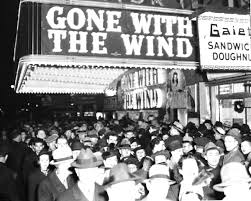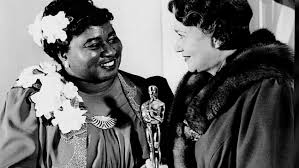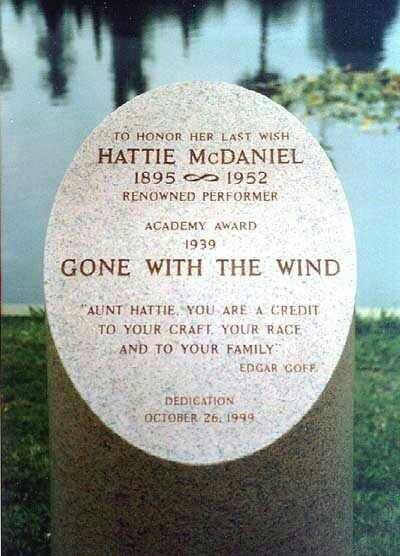#OnThisDay The film Gone with the Wind, revolving around the American South during the Civil War, adapted from the 1936 novel by Margaret Mitchel-premiered this day in Atlanta, Georgia, in1939. Hattie McDaniel, the first African American to win an Oscar, won it for this movie.
Hattie McDaniel knew she wanted to be an actress at 6 years old. The 13th child of 2 former slaves, McDaniel was born in Kansas in 1895, but raised in Denver. She said, “I knew that I could sing and dance, and my mother would give me a nickel sometimes to stop.”
She appeared on Denver; CO. radio show in early 1925. At age 20, she became the first-ever African American woman to sing on the radio. But it was her job as the lead singer in George Morrison’s Melody Hound that led her to Hollywood in 1931 and her first film role in 1932.
McDaniel's first studio contract was for Judge Priest (1934). She shared the screen with child star Shirley Temple in The Little Colonel and formed a close friendship with Clark Gable while filming China Seas (1935).She played a total of 74 servant roles throughout her career.
As she famously quipped “I’d rather play a maid than be one,” she still had to do subservient roles in a Hollywood that was, still, not ready to break through its shackles of racism. In fact, McDaniel was not allowed to attend her own film’s premiere in deeply segregated Atlanta.
the 12th Academy Awards took place at Cocoanut Grove nightclub, which didn't allow Black patrons at the time. Selznick put in a request to allow McDaniel in the building, but she had to sit at a far table separate from her co-stars.
But “Mammy” in Gone with the Wind was a role that she nearly never got. The casting for “Mammy” was highly competitive. So competitive, in fact, First Lady, Eleanor Roosevelt, wrote to Selznick, to have her own real-life maid cast in the iconic role.
To stand out from the competition, McDaniel showed up to her audition in a full, authentic maid’s uniform. You can catch her historic acceptance speech at the 12th annual ceremony below.
Her impact reaches far beyond cinema. McDaniel played a pivotal role in desegregating housing in Los Angeles. In 1945, some white residents filed a lawsuit against 31 black neighbours, including McDaniel. White residents wanted the court to help them enforce restrictive housing.
She gathered 250 others who accompanied her to court. After hearing both sides, Judge Thurmond Clarke ruled against the plaintiffs. Her case set a precedent that would later help the SC rule it unconstitutional for the courts to enforce restrictive housing covenants.
McDaniel died at the age of 57 in 1952 of breast cancer, but not before throwing a "deathbed party" that was said to have people "milling around, drinking, laughing" according to The Hollywood Reporter.

 Read on Twitter
Read on Twitter